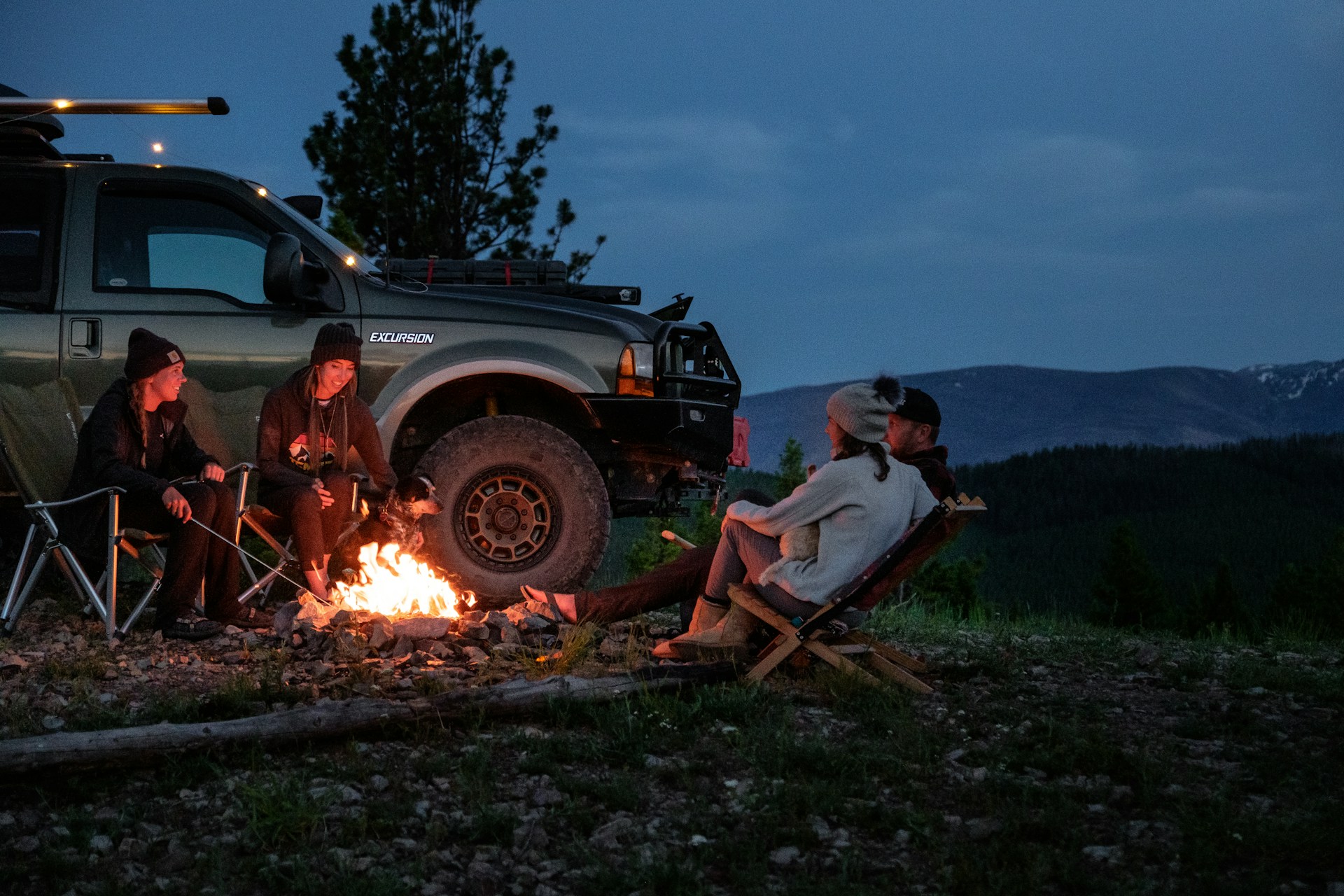Car camping and camper conversions are on the rise, with a 2023 RV Industry Association report noting that over 11 million U.S. households now own some form of RV or converted vehicle. For those seeking affordable alternatives to full RVs, spacious SUVs, vans, and even hatchbacks provide practical solutions. The following vehicles stand out due to their cargo dimensions, reliability ratings, and aftermarket camper support, making them among the best foundations for cozy camper builds.
Jeep Wrangler: Off-Road King with Camper Potential

The Jeep Wrangler’s 10.8 inches of ground clearance and proven 4×4 system allow access to rugged camping spots that larger RVs can’t reach. Two-door Wranglers offer up to 72.4 cubic feet of cargo volume, while four-door Unlimited versions expand to 85 cubic feet, enough for a foldable sleeping platform. Aftermarket rooftop tent kits and tailgate kitchens are widely available, making the Wrangler one of the most versatile compact camper bases.
Toyota 4Runner: A Trail-Tested SUV for Campers
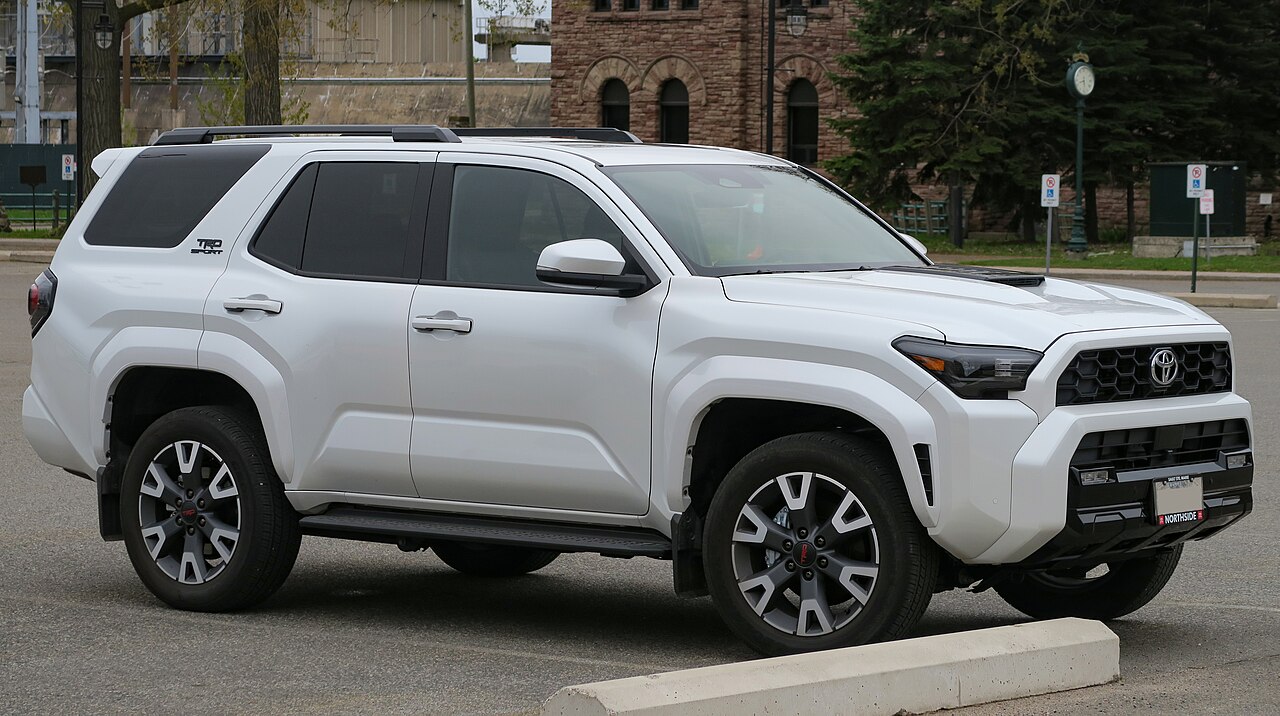
With a reputation for durability, the Toyota 4Runner boasts 89.7 cubic feet of maximum cargo space when the rear seats are folded, allowing enough room for a full-length sleeping platform. Its 5,000-pound towing capacity supports camper trailers if more space is needed. Consumer Reports consistently ranks it high for reliability, and aftermarket drawer systems, bed kits, and rooftop tents are widely available, making it a strong choice for extended overlanding trips.
Subaru Outback: Wagon Utility Meets Camper Flexibility
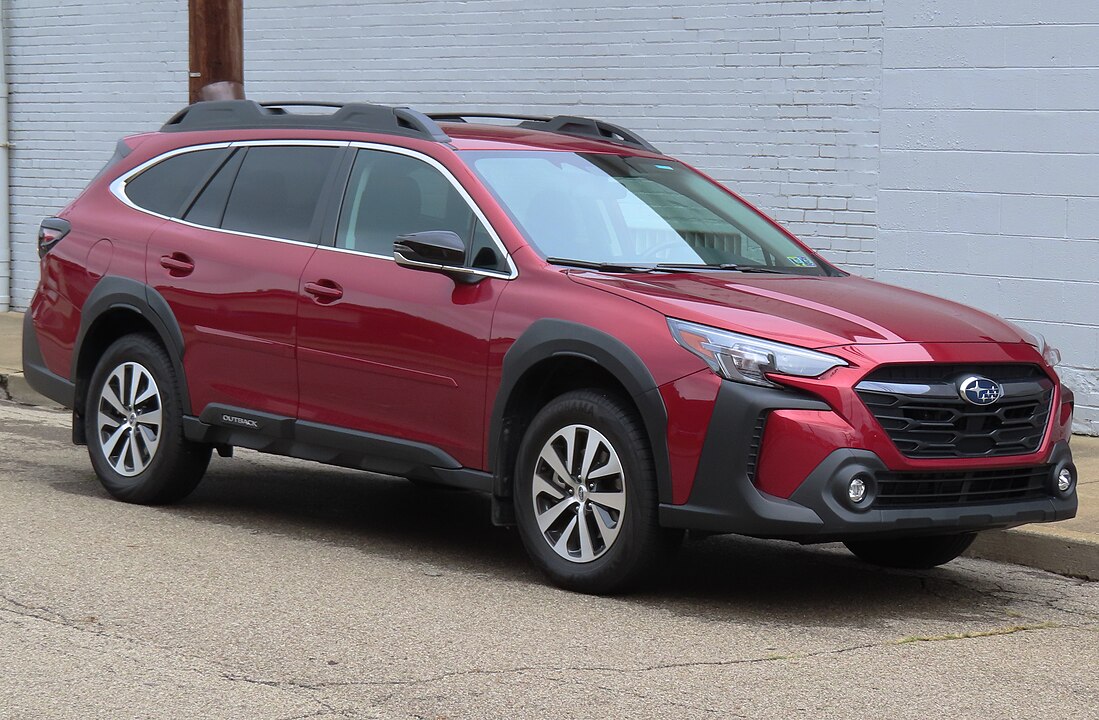
The Subaru Outback offers 75.6 cubic feet of cargo space and a flat load floor ideal for a DIY bed platform. Standard all-wheel drive, combined with 8.7 inches of ground clearance, ensures reliable access to forest roads and dispersed campsites. Fuel economy of up to 32 mpg highway makes it more efficient than most SUVs in its class. Many outdoor retailers even sell pre-fit sleeping platforms specifically designed for the Outback’s dimensions.
Kia Telluride: Spacious Modern SUV for Families
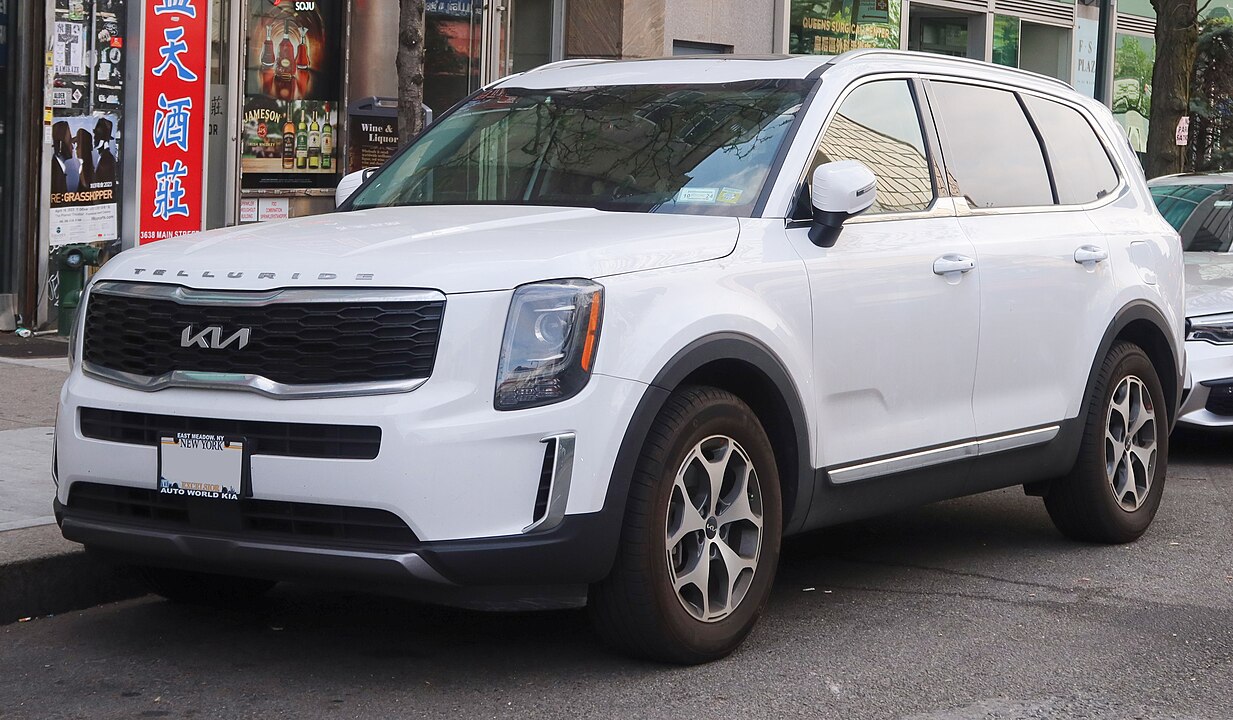
The Kia Telluride delivers 87 cubic feet of cargo capacity with second and third rows folded, rivaling larger SUVs. Its interior width allows for a nearly queen-sized mattress setup, making it family-friendly for car camping. With a 5,000-pound towing limit, it can also handle small trailers. J.D. Power ranks the Telluride among the top three midsize SUVs in reliability, and aftermarket support for camping add-ons like cargo drawers and rooftop tents is expanding.
Chevrolet Suburban: The Ultimate Full-Size SUV Camper

Offering a massive 144.7 cubic feet of cargo space, the Chevrolet Suburban is essentially a camper van alternative. Its 121.7-inch wheelbase provides ample room for a full bed and gear storage without tight packing. GM’s factory options include a diesel engine returning up to 27 mpg highway, making it more fuel-efficient than expected for its size. Many overlanding companies now offer Suburban-specific camper conversions with integrated kitchens and sleeping systems.
Ford F-150: Pickup Powerhouse with Camper Versatility

The Ford F-150 has been America’s best-selling vehicle for over 40 years, and its versatility extends to camping. With bed lengths ranging from 5.5 to 8 feet, the truck accommodates camper shells or slide-in campers. Payload capacities exceed 3,000 pounds in some trims, allowing heavy camping builds. Ford’s factory “Pro Power Onboard” generator option delivers up to 7.2 kW of power, enough to run appliances at remote campsites without external generators.
Honda Ridgeline: Practical Pickup for Light Campers
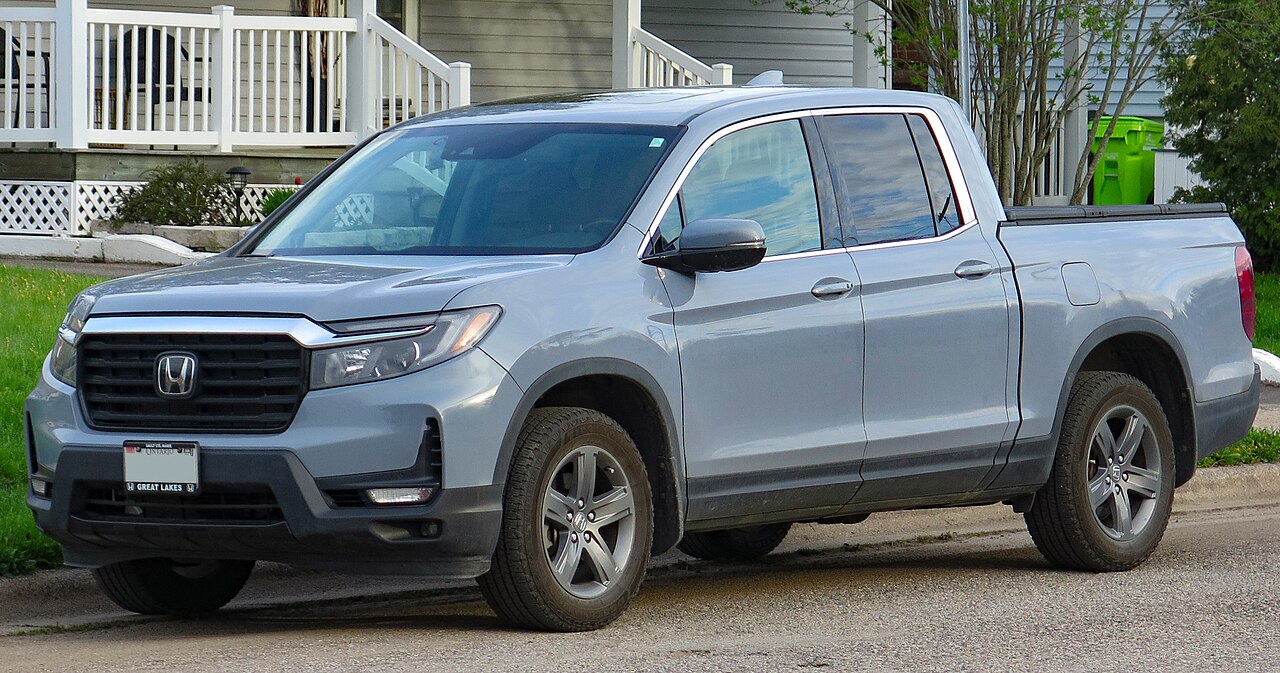
Unlike traditional body-on-frame trucks, the Honda Ridgeline uses a unibody design, delivering car-like comfort while still supporting camping builds. The bed measures 64 inches long and 50 inches wide, fitting a small camper shell or rooftop tent. Unique features include a lockable in-bed trunk with 7.3 cubic feet of extra storage and a factory in-bed audio system, both convenient for camping. Its 5,000-pound towing capacity also supports small trailers.
Mercedes-Benz Sprinter: Vanlife’s Luxury Standard
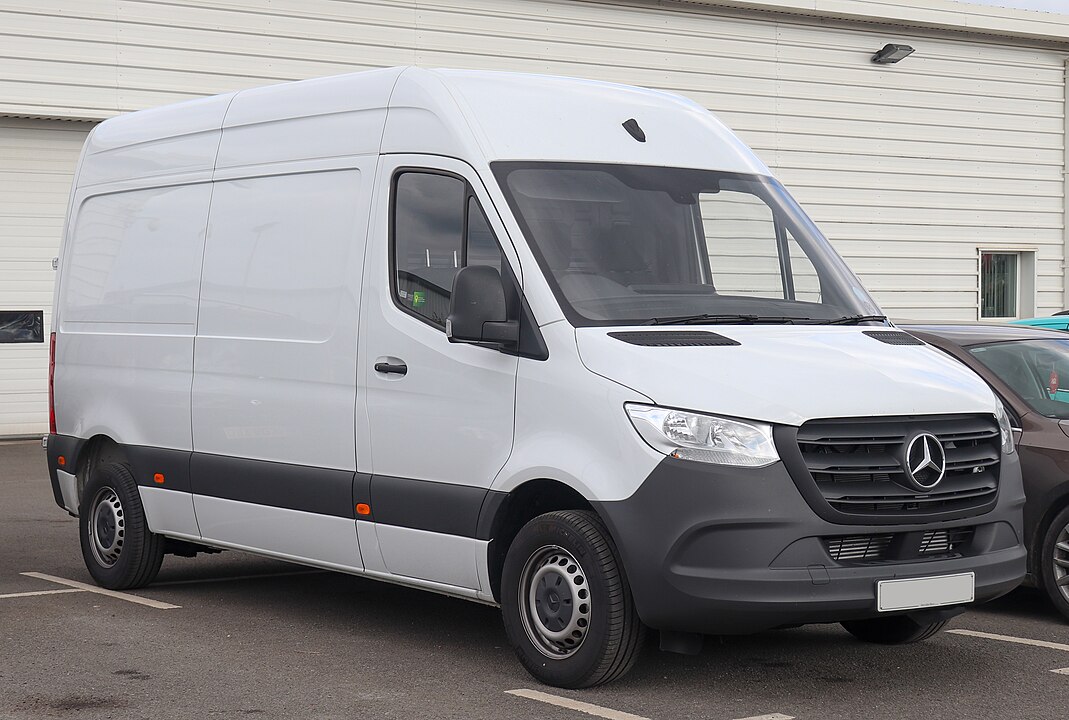
The Mercedes-Benz Sprinter is one of the most popular vans for full camper conversions. Available in wheelbases up to 170 inches and roof heights exceeding 79 inches, it offers true stand-up interior space. Payload capacities range from 3,000 to 6,000 pounds, accommodating elaborate builds with kitchens, bathrooms, and solar setups. Diesel variants achieve up to 22 mpg, better than most full-size RVs. Camper van conversion companies worldwide specialize in Sprinter layouts.
Volkswagen California: Europe’s Iconic Micro-Camper
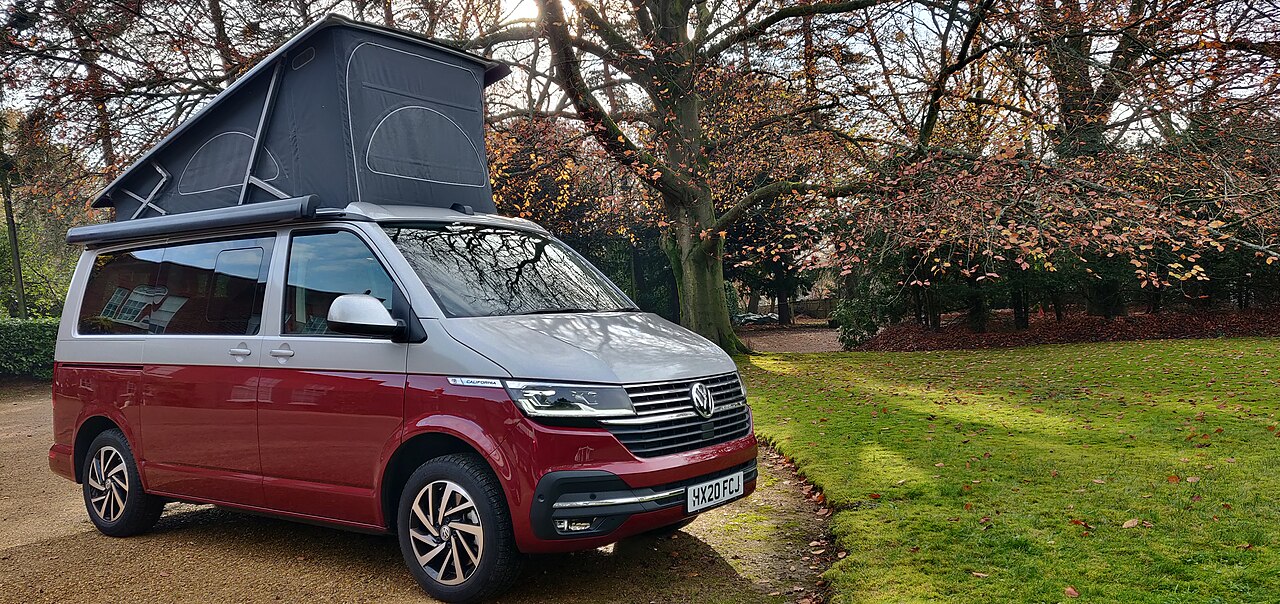
The Volkswagen California, though not sold in the U.S., remains Europe’s best-selling factory camper van. Built on the Transporter platform, it includes a pop-up roof bed, fold-flat seats, and an integrated kitchenette. The latest version offers up to 104 cubic feet of storage with seats folded. Volkswagen reports that more than 175,000 units have been sold since its debut in 1988, making it a proven and practical ready-made camper option.
Chrysler Pacifica: A Minivan That Doubles as a Camper
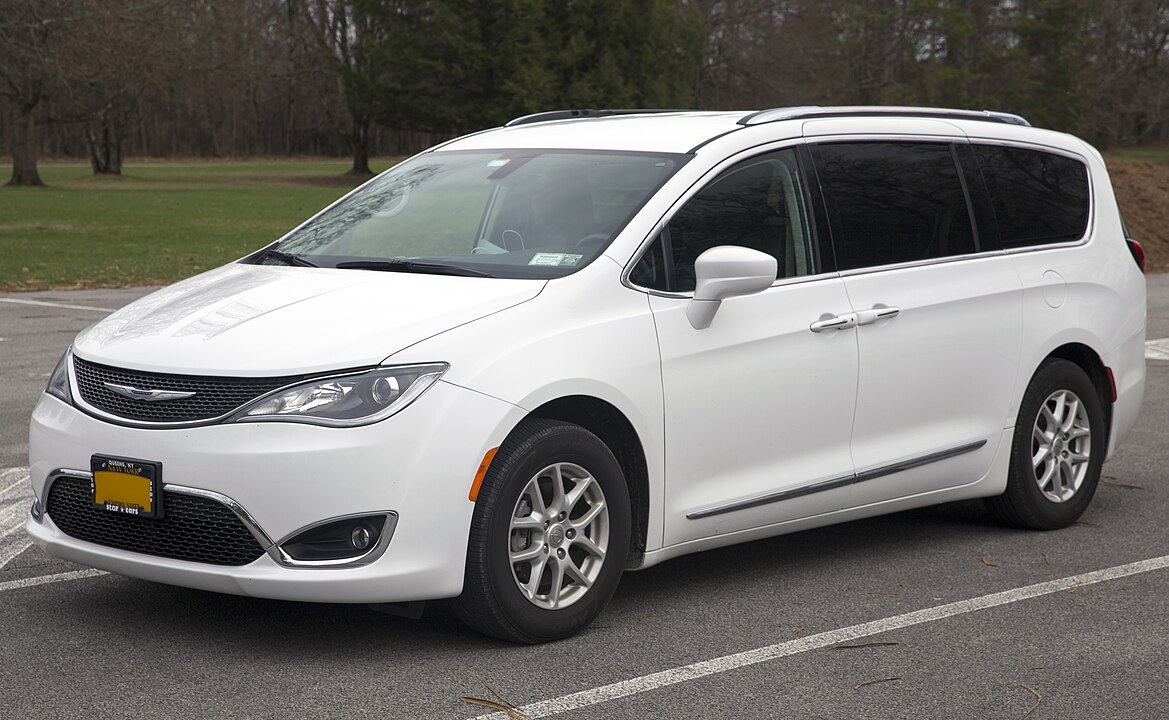
The Chrysler Pacifica offers 140.5 cubic feet of cargo volume when the seats are stowed flat into the floor, eliminating the need to remove them for camper builds. Hybrid versions achieve 82 MPGe, making them among the most fuel-efficient camper bases available. Minivan conversion kits with bed platforms, slide-out kitchens, and storage drawers are widely available, making the Pacifica a flexible alternative to larger vans.
Honda Fit: Tiny Car, Surprising Camper Ability

Despite its size, the Honda Fit impresses with 52.7 cubic feet of cargo space thanks to its “Magic Seat” design that folds completely flat. Owners have adapted Fits into micro-campers using compact sleeping platforms that fit within its 161-inch overall length. With fuel efficiency up to 36 mpg highway, it’s one of the most economical camper options for solo travelers or urban-based campers looking for stealth camping capability.
Toyota Prius: Hybrid Efficiency for Camper Conversions
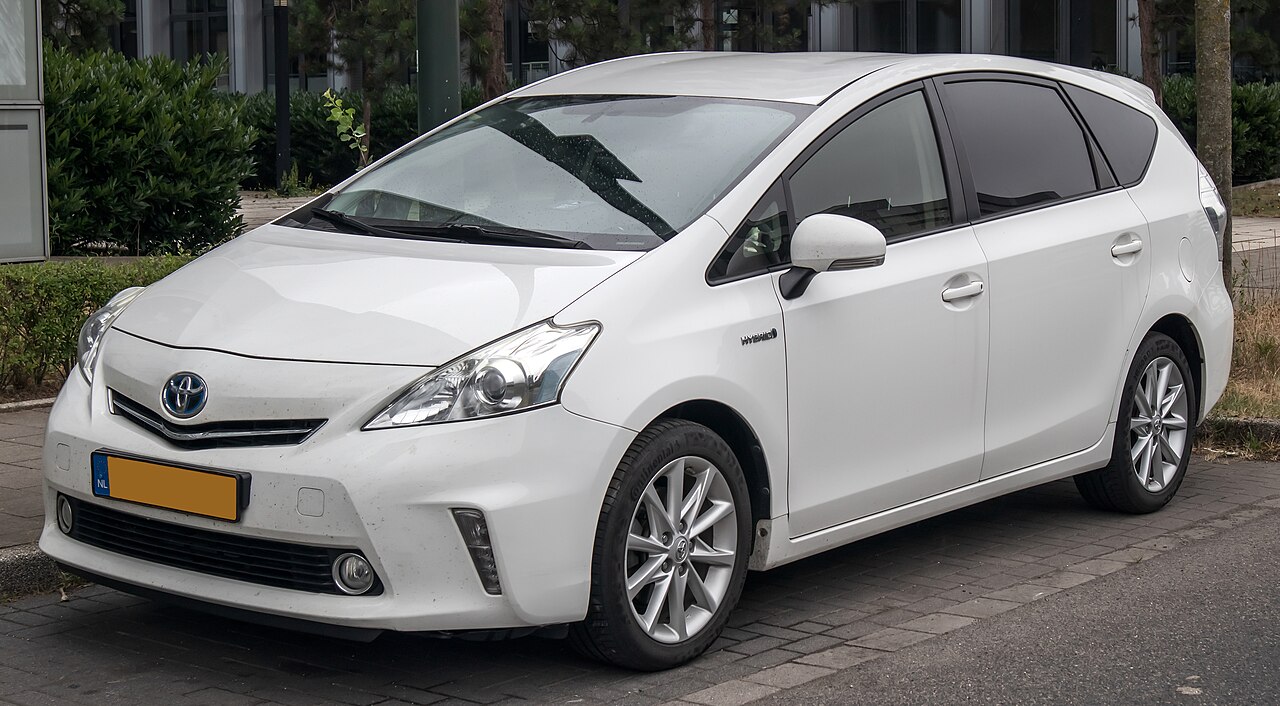
The Toyota Prius is not just about efficiency—it provides 65.5 cubic feet of cargo space in hatchback form. Its hybrid system allows extended idling to power climate control, making it appealing for hot or cold camping conditions. Owners have documented fuel economy above 50 mpg even when used as campers. Numerous DIY conversion kits exist for building compact sleeping platforms that fit perfectly in the Prius interior.
Subaru Forester: Compact SUV with Camper Comfort
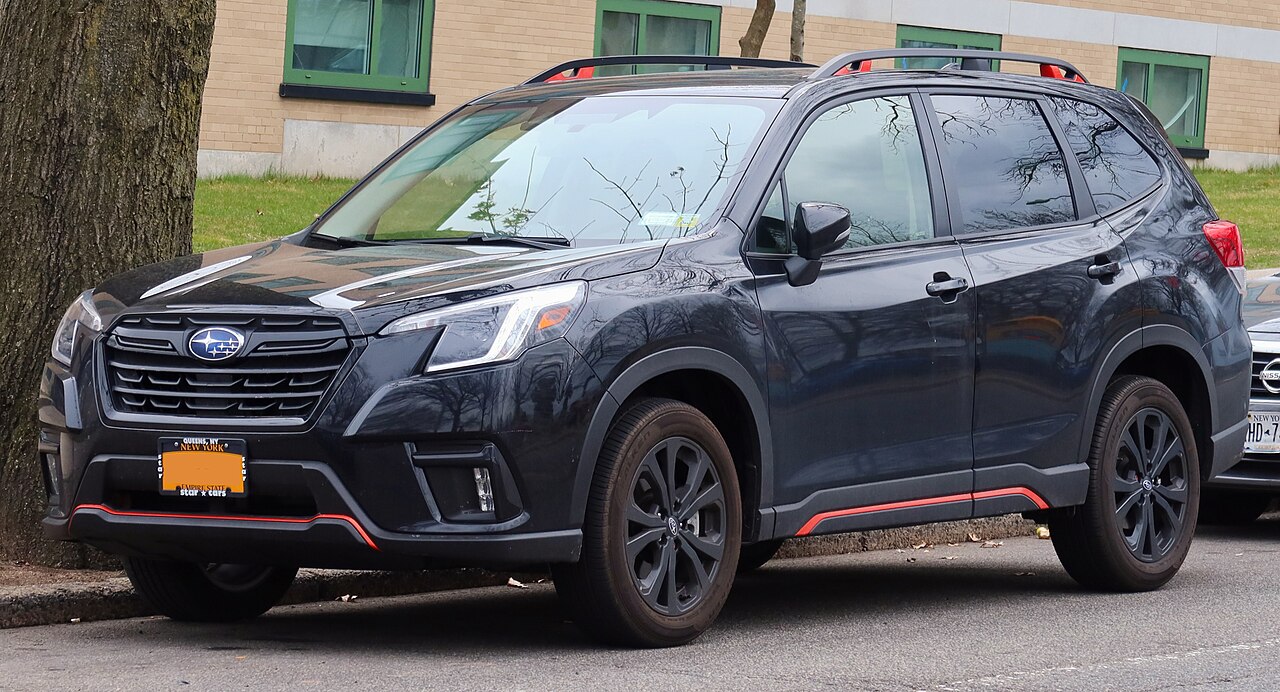
The Subaru Forester offers 74.2 cubic feet of cargo space with seats down and 8.7 inches of ground clearance, rivaling the Outback in camper capability. It achieves up to 33 mpg highway, keeping long camping trips affordable. Its wide-opening rear doors and square cargo area make it easy to install pre-made bed kits or drawer systems. With strong reliability ratings and AWD standard, it’s a dependable compact SUV camper option.



